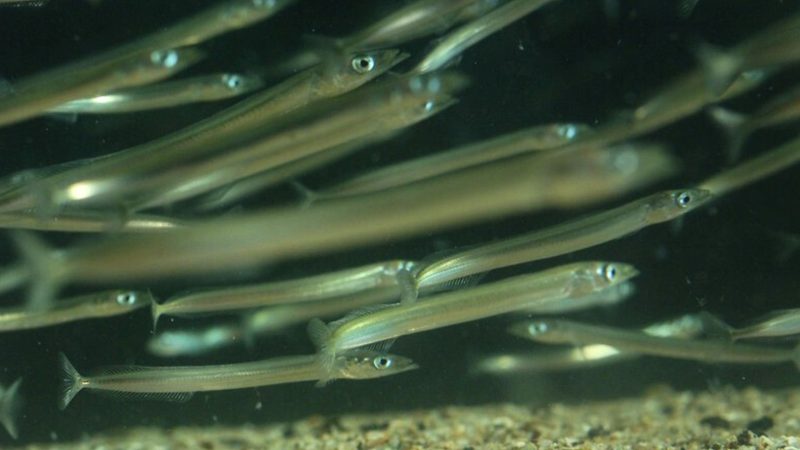As the countries of the world meet at the headquarters of the International Seabed Authority in Jamaica a breathtaking (literally) new discovery provides yet another reason why deep sea mining should not be allowed
Mining the deep sea is a terrible idea. It will obliterate marine habitats that take millennia to recover. It threatens the very existence of numerous species, including some we know about, likely thousands we don’t know about. It risks churning up innumerable tonnes of carbon that have long been sequestered thousands of metres below the surface. It threatens to disrupt open ocean food chains through noxious plumes being released into the water column. It threatens to bring huge amounts of noise to habitats and species that live in a silent world; most notably, this threatens whales and dolphins that use sound to navigate, hunt and communicate.
Oh, and by the way, in a new development it turns out it threatens the ocean’s ability to produce oxygen. It turns out that the very ‘nodules’ that deep sea mining companies want to target are a huge oxygen pump. They literally create oxygen out of water. In a process akin to electrolysis, they are responsible for producing vast amounts of oxygen. It also turns out, believe it or not, that oxygen is quite important.
It’s long been known that the ocean produces a huge amount of oxygen, far more than rainforests or other terrestrial landscapes (needless to say, we should protect these places), but it has always been thought that this oxygen comes entirely from marine plants, predominantly the microscopic algae that form plankton. However, it turns out that these tiny plants are not the only source of oxygen in the ocean. Inorganic nodules are quietly, busily pumping oxygen into the deepest ocean. This oxygen is then transported around the ocean and into the atmosphere. Aside from the fact that this discovery potentially dramatically increases the possibility that oceans on other worlds contain oxygen it, perhaps of more immediate concern, highlights yet another vital service the deep sea provides.
The world’s deepest ocean is the closest thing that remains to a pristine environment. In many areas they have been heavily impacted by deep sea fishing – a practice that has led to serious declines in marine life. It is also, sadly, true that plastic waste is now finding its way into even the deepest trenches on earth – even eleven kilometres below the surface in places humans have never been there are packets of crisps and plastic bottles. But despite this they are still, in many areas, largely unchanged and they are home to extraordinary creatures. It is an alien world that should be protected. In an area of the Pacific known as the Clipperton Zone (which by the by, is the first place mining companies want to start), a study last year found there are five thousand previously unknown species living there.
The deep sea is home to an extraordinary array of fascinating creatures that have every right to lead their lives without us destroying their habitat. There’s a snail with a shell made of iron, bright white corals that live for millennia, fish that are basically made of jelly (an adaptation to the immense pressures). Then there’s the fish with a transparent head so it’s upward pointing eyes can literally see through the top of its head. It’s home to flapjack octopus and the fangtooth. It’s the abode of the glass squid and the gossamer worm, the Pompeii worm and the giant sea spider. It’s where you’ll find innumerable deep sea sharks, rays, fish, jellyfish, siphonophores and comb jellies. Deep sea corals, dragonfish and bomber worms.
If the plight of the ballon worm or the abyssal comb jelly doesn’t concern you, even if the destruction of one of the biggest allies we have in the fight against climate change isn’t enough reason to consign the idea of deep sea mining to the realm of science fiction it came from this, we now have the additional reason that the deep sea nodules they want to mine are the producers of vast amounts of oxygen.
It is long past time for the countries of the world to deliver on their promises to protect the natural world and agree that deep sea mining should not go ahead.
Photo credit: Francois Baelen/ The Ocean Agency.


















